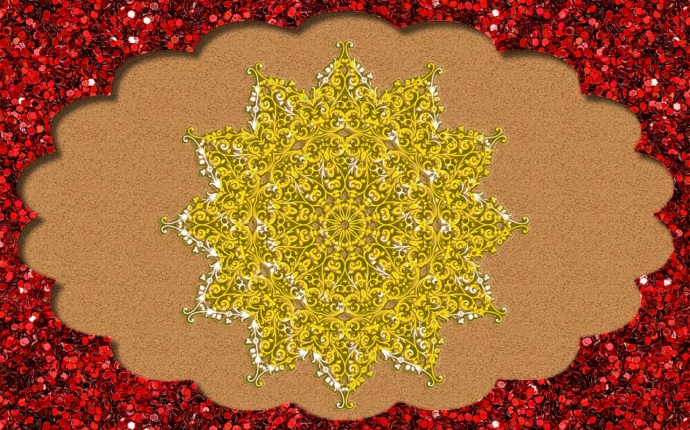
Ayurveda is a system of natural healing that becomes more and more popular among conscious citizens of this world, is rooted in the Vedic culture of India and counts more than 5000 years of existence. The country of its origin was occupied for a long time but still Ayurveda remained unchanged, keeping the secrets of an original system of healing. Today it is popular not only in India but finds followers from all around the world. To get the understanding of the importance of Ayurveda, just take a look at Tibetian medicine, Traditional Chinese Medician, and even Early Greek medicine: each of these borrowed some concepts firstly described in the Ayurvedic system of healing.
If we translate the word 'Ayurveda' we will get the science of life (Ayur - life, Veda - science or knowledge). The system helps people to use their human potential as a mean of staying viral. The key-note of Ayurveda is the balance between the environment that surrounds us, the condition of our body, state of mind and the spiritual knowledge. That is why the system touches such fields of our life as a daily routine, behavior, and diet. Furthermore, it teaches us to use our senses to get the better understanding of the world around us and our role in it.
Ayurveda points out three main energies that have a greater value on our lives: Vata - the energy of Wind, Pitta - the energy of Fire, and Kapha - the energy of Earth.
Ayurveda says each of us has a unique proportion of these energies. Though, the special focus is on balance. If the energy of Vata makes people enthusiastic and energetic, the imbalanced expression will lead to the anxiety and difficulties in concentrating. If we are talking about Pitta - it describes people as intelligent and goal-oriented creatures, while too much of it can make us compulsive and irritable. The last one, Kapha, is defined as the energy that makes us sweet, and easy-going. Still, if it is not balanced, the characteristics are sluggishness and obesity.
















